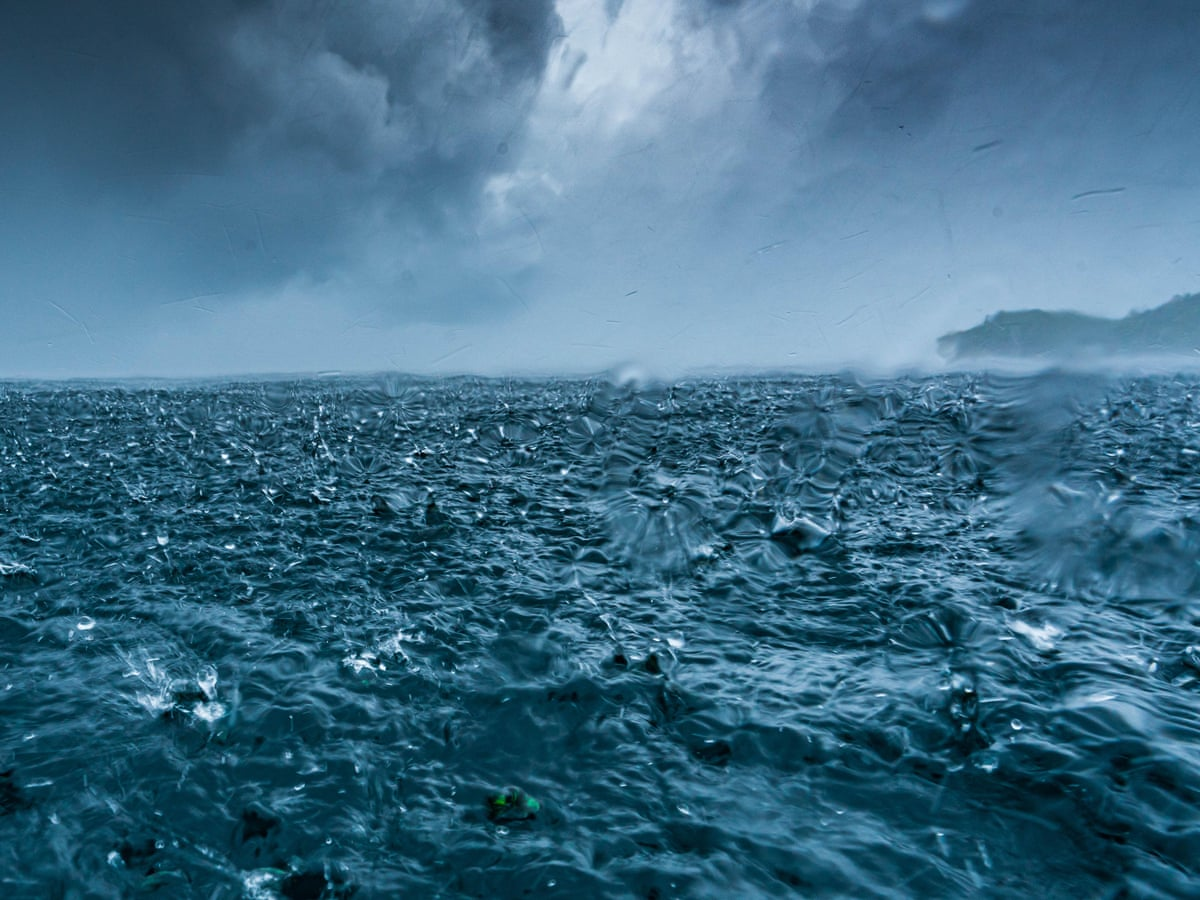Atlantic nations have long shared complex historical ties that shaped their political, social, and economic landscapes. These connections span centuries, revealing interactions through trade, migration, and cultural exchange. Early coastal settlements often served as points of contact among indigenous peoples, European explorers, and African communities. Consequently, a rich tapestry of relationships developed, influencing local identities and governance. Moreover, historical documents and archaeological evidence highlight the significance of these ties in the formation of modern societies. Understanding this legacy offers valuable insight into the enduring bonds across Atlantic nations and their role in global history.
Atlantic Nations and the Evolution of Transatlantic Commerce
Trade networks among coastal regions spurred profound changes in economies and societies. Over time, these routes enabled the exchange of goods such as sugar, tobacco, and manufactured items, fueling urban growth and wealth accumulation. Ports grew into commercial centers, attracting merchants and workers from diverse backgrounds. Additionally, innovations in navigation and shipbuilding improved the efficiency of long-distance voyages. This economic activity fostered competition for control over trade paths, leading to shifts in power among coastal powers. Furthermore, the expansion of commerce encouraged population movements and cultural interactions that reshaped communities.
Examining Cultural and Social Connections Among Atlantic Nations
Cultural exchanges played a vital role in shaping identities along Atlantic shores. Interactions among indigenous groups, settlers, and traders led to shared customs, languages, and traditions unique to the region. These influences often blended in art, music, and cuisine, reflecting the dynamic nature of these societies. Besides, such exchanges affected social organization and governance, as communities adapted to diversity and external pressures. Researchers emphasize the importance of these connections in fostering resilience and innovation. Overall, the historical ties highlight how Atlantic nations navigated change while preserving distinct cultural legacies.
Recent scholarship continues to uncover new aspects of these historical relationships. As more evidence emerges, understanding of Atlantic nations’ shared past deepens, encouraging dialogue and education. This ongoing research underscores the complexity and significance of transatlantic ties in shaping today’s global landscape.
